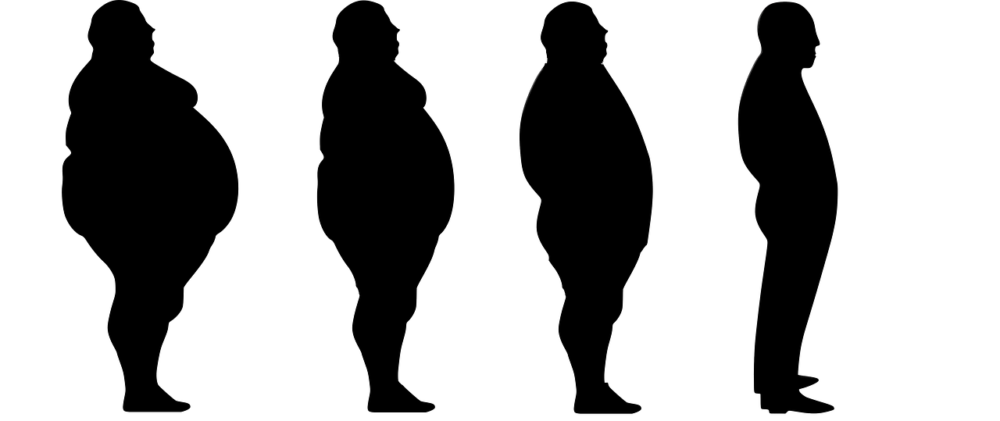According to the Centers For Disease Control and Prevention, in 2020, over 40 percent of the United States population was considered obese. Obesity causes many issues like coronary heart disease, type 2 diabetes, stroke, many types of cancers, and a weakened immune system. Due to the medical difficulties that come with obesity, the lifespan of someone obese is drastically shorter, ranging from five to even 20 fewer years.
People become obese rather than being born obese, so how does this occur? The food we eat is made up of calories, which are used for three main functions in the body: basal metabolism — the energy used while at rest to maintain vital organs, support circulation, and regulate breathing; thermogenesis, the energy used to heat our bodies; and exterior energy expenditure, the energy used for physical movement. The excess calories we eat are stored in adipose cells, connective tissues that store fat, and are what we see as “body fat.” Fat is used as a long-term energy supply. However, large amounts of fat from eating more than the body needs form excess adipose cells. With such a large amount of these unused cells, the excess creates adipose tissues on the exterior of the body, creating “body fat” and causing obesity. Consuming more calories than the body expends causes weight gain, but many genetic factors and medical conditions can affect the amount of energy needed to function. This makes gaining or losing weight easier for some people than others.
Consuming more calories than the body expends causes weight gain, but many genetic factors and medical conditions can affect the amount of energy needed to function.
Losing weight is just the opposite of gaining it. When the body needs energy and is not consuming enough calories, it will break down adipose cells for the energy it needs to function, thus causing a loss of body fat. This is why eating fewer calories can cause weight loss — the body can use fat stored for energy instead of calories. Physical activity is also encouraged as it causes people to expend a large amount of energy. A study from 2011 to 2015 by the company Retrofit tracked the weight loss progress of 2113 participants over six months who were over 18 and had a BMI of at least 25. The study found that an increase in the number of steps a day and an increase in high-intensity exercises caused undeniable weight loss. Those who had 8,000 to 9,000 steps a day lost over 10 percent of their weight, and those who exercised for over 150 minutes a week also saw a 10 percent decrease in weight.
However, the body reacts poorly to weight loss due to a change in appetite-related hormones. For example, following a diet-induced weight loss, the body increases ghrelin production, often referred to as the “hunger hormone” because it increases hunger levels. Furthermore, hormones such as leptin, which mediates long-term energy storage and decreases appetite; PYY and GLP-1, which both increase satiety after eating; and insulin, which stores glucose as short-term energy rather than fat, all decrease when losing weight. A study by the National Health and Medical Research Council looked at the hormone levels of 50 overweight patients who were given a 10-week, low-energy diet. Hormone levels were examined throughout the 62-week trial. The patients saw a massive drop in weight of up to 14 kilograms during the 10-week diet. However, all of these hormones except for ghrelin reduced, an effect that endured over one year after the trial. According to the findings of the study, when losing weight, the body reacts by trying to regain that weight.
When losing weight, the body reacts by trying to regain that weight.
Scientists say we have evolution to thank for this phenomenon. According to Michael Rosenbaum, an obesity researcher and professor of pediatrics and medicine at Columbia University Medical Center, during times of famine, being able to store fat for as long as possible increased chances of survival. The trait that had helped humans survive for so long has carried over to our bodies today. Overall, gaining weight seems to be easier than losing it. However, this setback doesn’t stop humans from trying.
International Journal of Obesity (2015). DOI: 10.1038/ijo.2015.59
J Med Internet Res (2017). DOI: 10.2196/jmir.7457





